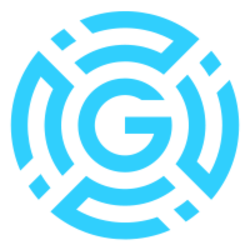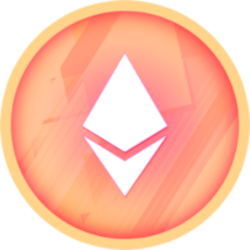Do Kwon, the notorious name behind Terra’s collapse, was reportedly under arrest by Montenegro’s watchdogs at Podgorica Airport on March 23. The news broke out amid the Arbitrum listing taking the community by storm.
A Twitter account believed to be Filip Adzic’s, minister of the interior of Montenegro, said that Montenegro’s watchdogs arrested one of the most wanted, Do Kwon – co-founder of Terraform Labs.
Local news outlet Vijesti later confirmed that it was the official account of the minister.
To wit,
“Montenegrin police have detained a person suspected of being one of the most wanted fugitives, South Korean citizen Do Kwon, co-founder, and CEO of Singapore-based Terraform Labs.”
Busted in Montenegro
The South Korean police have confirmed to the Yonhap news agency that the person under arrest in Montenegro’s capital’s airport was Do Kwon, the founder of TerraForm Labs. He was arrested with fake documents.
Investors worldwide have been searching for Do Kwon’s whereabouts since the Terra-LUNA disaster.
Earlier reports suggested that he may be hiding in Serbia or Dubai, but South Korean prosecutors issued an arrest warrant for him last year and enlisted Interpol’s help to locate and arrest him.
In February, the US Securities and Exchange Commission (SEC) filed a lawsuit against Do Kwon and Terraform Labs over a $60 billion securities fraud involving LUNA and the TerraUSD algorithmic stablecoin.
The collapse of one of the largest crypto empires run by Do Kwon in May 2022 due to the unstable UST and LUNA tokens caused billions of dollars in losses for investors worldwide, contributing to the collapse of the Three Arrows Capital (3AC) fund and causing asset liquidation.
The event also eroded investor confidence, indirectly bringing down many cryptocurrency exchanges and other industry platforms.
Despite South Korean authorities announcing that Do Kwon is wanted for violating capital market laws since mid-September 2022, his exact whereabouts have remained unknown, even after an Interpol red notice.
Meanwhile, Do Kwon has denied any wrongdoing, and Terraform Labs, the company behind Terra, has argued that existing market laws do not apply to cryptocurrencies.
In addition, the US authorities are reportedly investigating Do Kwon’s relationship with Sam Bankman-Fried, the founder of FTX exchange and Alameda Research which also collapsed last year.
Will He Spill The Beans?
In the wake of Kwon’s arrest, the price of Terra (LUNA) has taken a hit, dropping by 8%. Surprisingly, the price of Terra Classic (LUNC), which is a rebranding of the original LUNA, has also plummeted by 4%.
It is worth noting that LUNA and LUNC are different entities, with LUNA being a hard fork that has separated from Do Kwon. The collapse of Terra serves as a reminder of the potential consequences of fraudulent activity in the cryptocurrency world.
The demise has raised the issue of tighter regulations for stablecoins to protect investors. It has also made crypto investors wary of decentralized finance that includes token trading, borrowing, and lending operations, like the model Kwon built.
In the US, stablecoins with algorithms like TerraUSD have been banned for two years, and in South Korea, interest in cryptocurrencies has dwindled.
The situation surrounding Do Kwon and Terra has drawn the attention of regulatory bodies and the broader cryptocurrency community, highlighting the ongoing challenges of regulating a rapidly evolving and complex industry.
As cryptocurrency continues to gain popularity and attract more investors, regulators are facing mounting pressure to develop clear and consistent frameworks for oversight and enforcement.
However, the decentralized nature of cryptocurrency, coupled with its global reach and complex technical infrastructure, poses significant challenges for regulators seeking to effectively monitor and regulate the industry.
Moreover, the question of whether or not existing laws and regulations apply to cryptocurrencies remains a contentious issue, with different jurisdictions taking varying approaches to regulation.














